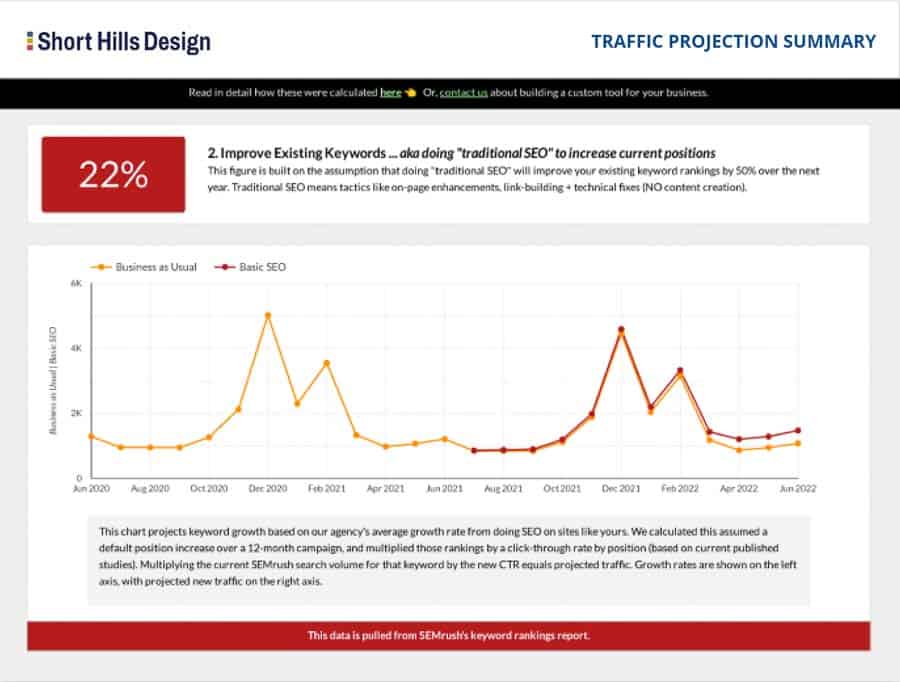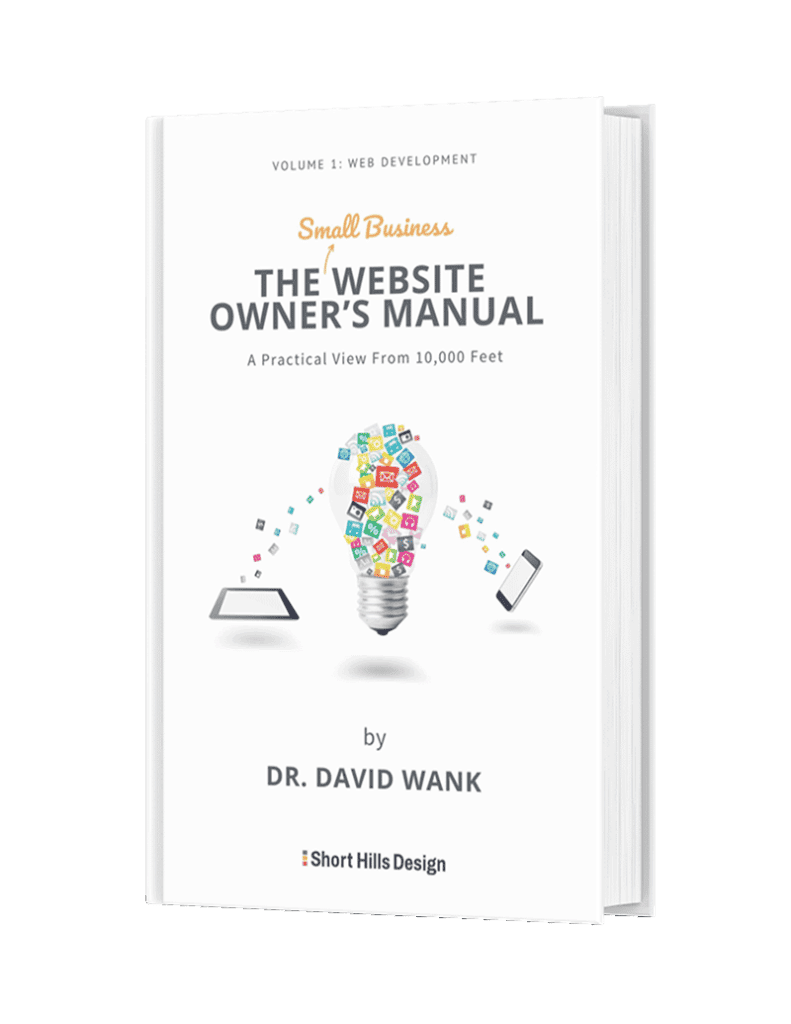The question I get asked the most (other than "Is this going to hurt?") is "What WordPress plugins should I use?" Naturally the choice of WP plugins is a personal thing, but I'll state here that the fewer plugins you use, the better. Now that doesn't mean that there aren't some "can't live without" plugins, because there are. But if you can edit your own robots.txt, then do it as opposed to using a plugin.
It's a great question with multiple answers:
1) the more plugins you have the greater chance of an incompatibility during a WP (or plugin) upgrade. If you are upgrading WP because of a security flaw in WP, and one of your key plugins won't upgrade, you're going to be in a bind.
2) (Many) plugins suck memory and resources. Remember, when we code we always try to make the most efficient code possible (but sometimes people don't). So if you wind up with multiple plugins that all have small memory leaks or inefficiently use resources, you could really be slowing down your site.
3) Every plugin you add is another potential security hole in your website. As I said in #2, not every plugin is well-coded, and if you have 20 plugins, you'd better make sure they stay up to date, and hope that the author is as concerned about security as you are. Remember, always delete plugins that you aren't using.
With these limitations in mind, here is my list of the plugins that I install on (practically) every WP site that I build for client and run for myself. As you will see I like simple plugins vs multi-function plugins (e.g. Jetpack) because the less a plugin does, the less likely (IMHO) it is to break.
!) BackupBuddy -- I won't do WordPress without it. www.ithemes.com
2) Limit Login Attempts -- limits the admin login attempts to 3, and locks out the admin interface for 20 minutes after 3 wrong attempts (protects again many WP password cracking bots)
3) All in One SEO - the only SEO plugin I use - it makes adding keywords and meta tags a breeze, without the overhead of many other SEO plugins.
4) Contact Form 7 - an easy to use and simple contact form plugin, it's my default contact form plugin of choice. If I need to go with a more complex plugin, I use FS-Contact Form.
5) Google XML Sitemap - a simple plugin that adds an XML sitemap to your site. Simple.
6) Defensio Anti Spam - an anti-spam plugin that's free, and is a great choice since Akismet decided to go $ for commercial use.
Sometimes I need a plugin when a theme won't give me the functionality that I need.
7) Disable Comments - a plugin that let's you bulk disable comments on your website pages, a helpful tool if your theme doesn't have global "comments disabled" features for posts vs. pages.
8) WP Touch - when an older WP theme doesn't have a responsive design (shame, shame) or a mobile stylesheet (shame), this plugin can be helpful.
9) NexGen Gallery - a great and simple to use Gallery plugin that i often use when a theme doesn't have a built-in gallery. Revolution Slider is one that I also use when we elect to add a slider.
1. Any WP Cache Plugin - Cache plugins are designed for high-volume, high-traffic sites. And I'd be wiling to be that the overwhelming majority of dental websites simply do not need a plugin like WP Super Cache or W3 Total Cache. Both of these plugins are (somewhat) notorious for for being incompatible with other plugins. So if you think you need a caching plugin, talk to your web host first to see if the server stats support this need.
2. Security Suite Plugins - many of these plugins do provide good features and ease of use, but they are invasive and can make a lot of changes. I simply prefer to look at the security precautions that I think are needed, and then address them one by one. Besides, how many people here are running a WP security plugin and still have "admin" as their username?
3. Dashboard or TinyMCE Enhancement Plugins - these are plugins that add features to the WP editing menu, or "cleanup" or streamline the WP admin dashboard. Do yourself a favor an learn to live with the WP dashboard as is, and find a theme that has the short codes you want.
4. "Cop-out" plugins - this is my personal term, and these are plugins that, IMHO, do things that you should be doing on your own such as robots.txt implementation, or .htaccess changes. The reason I don't like these is because they simply add extra overhead with little benefit. Google Analytics is another example of this type of plugin -- most new themes have a spot where you can enter your GA code without needing to edit your footer.php file.
So there's my list. It's by no means "perfect" and I'm sure others have combinations that work for them. But the list above is what works for me, and is a helpful starting point for people who need a quick starting point with WP plugins.

